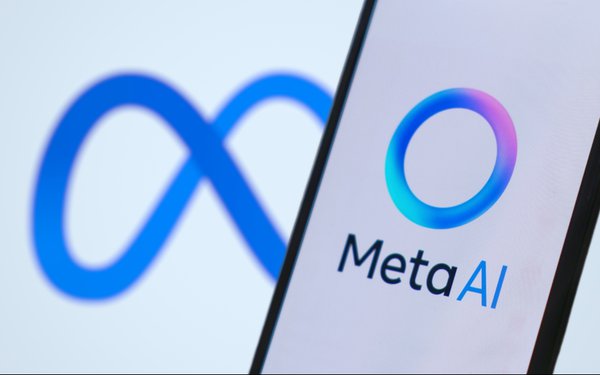
Days after announcing that its Llama AI models will be accessible across all government
agencies, Meta says its Llama models are available for national security use cases by the U.S. military and foreign allies including Australia, Canada, New Zealand, the U.K. and their private
sector partners, as well as various regions in Europe and Asia.
Since late last year, Llama has been used to help the U.S. military and national security agencies develop AI tools to aid
“decision-making, mission-specific capabilities, and operational efficiency,” a Meta blog post says.
One example shared by the tech giant involves Meta working directly with the
Army’s “Combined Arms Support Command” on a pilot project showcasing how AI, as well as augmented reality (AR) and virtual reality (VR), can help accomplish basic tasks by speeding
up routine repairs.
advertisement
advertisement
The government's adoption of open-source AI –-- specifically Llama -- is listed in its “AI Action Plan for America,” an initiative promoting expanded
federal power over AI systems, its allies’ AI use, and stateside data storage.
This announcement builds on Meta’s ongoing initiative with the U.S. Army to utilize Llama models in
support of national security team missions, “such as planning operations and identifying adversaries’ vulnerabilities,” according to a statement the company made last year.
Meta also signed a military contract in partnership with Anduril --
a U.S.-based defense technology company owned by Oculus founder Palmer Lucky -- to build extended reality (XR) devices designed to “provide warfighters with enhanced perception,” according
to Anduril.
Moving forward, Meta says it will take “a step-by-step approach to extending access to Llama for defense and national security purposes,” while considering extending
accessibility to more allied nations in consultation with the U.S. government.